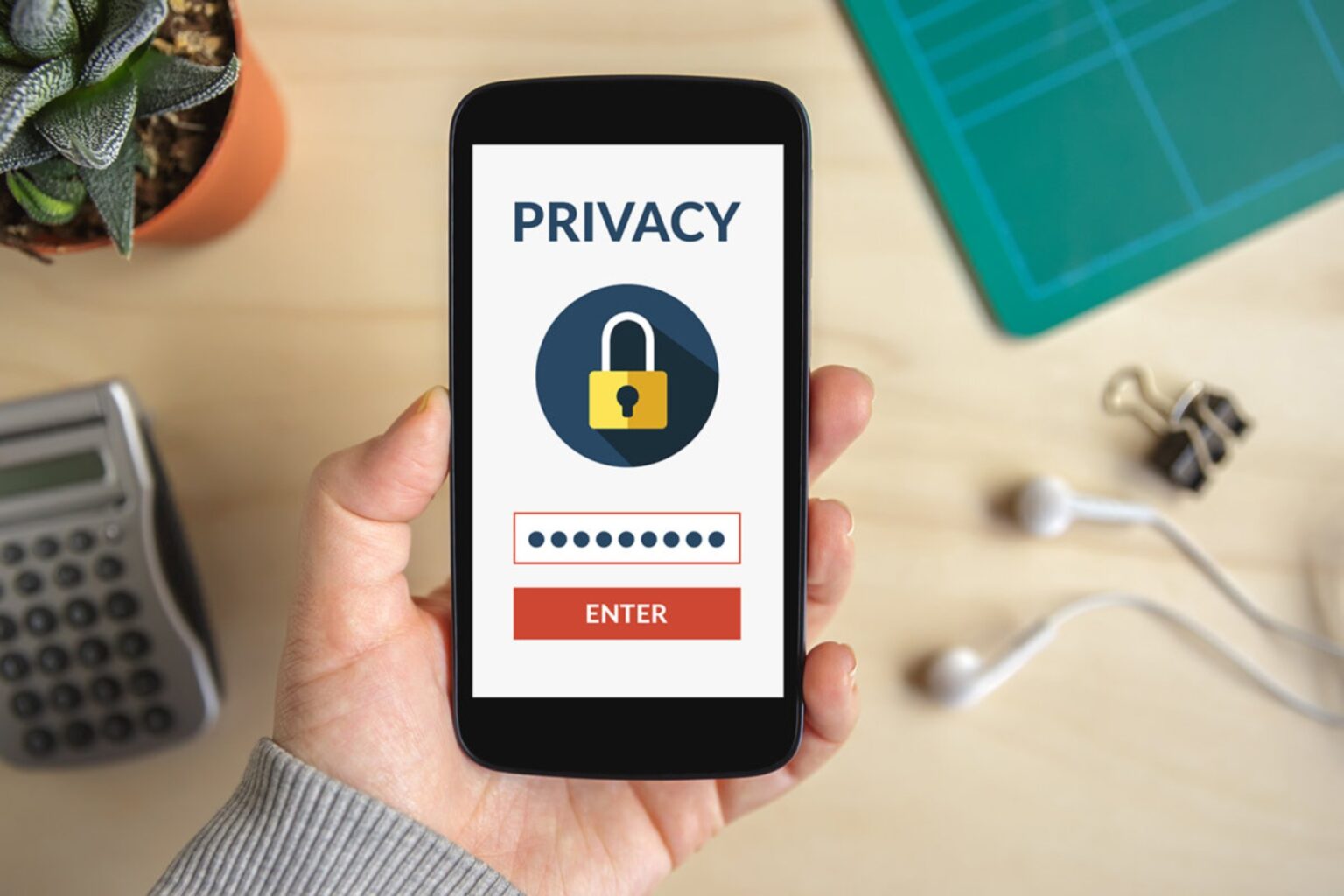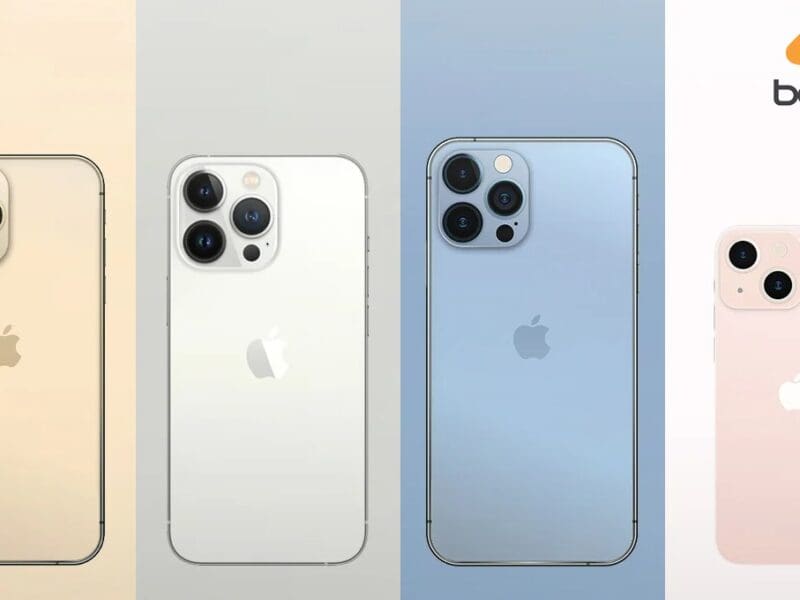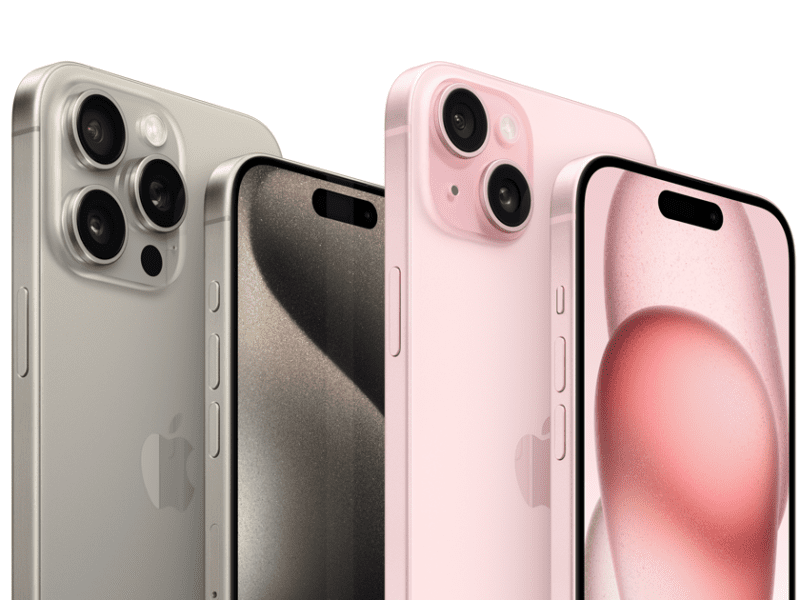
Securing your phone privacy while traveling
Smartphones are no longer a luxury but a necessity. Many of us have come to rely heavily on smartphones. It’s hard to separate them from our person as they are able to do what a handful of different gadgets can do in a very convenient package. A smartphone is no longer something we can do without, especially while travelling.

Attractive to all
Because of what these phones can do, thievery is sadly quite common. In America, the Federal Communications Commission (FCC) has reported that over 40% theft in major US cities involve cell phones, with 1 out of 10 smartphone owners becoming victims of theft.
On the other hand, the Australian Mobile Telecommunications Association (AMTA) reports that over 100,000 mobile phones are lost or stolen every year. Globally, these numbers are on an upwards trend with countries like Argentina, who in 2016, reported almost 5,000 thefts of mobile devices on a daily basis.
Criminal entities have also leveled up their game with hackers now also being able to hijack phones and steal valuable information contained in them.

Protection starts with you
While it may sound alarming, there are many ways that you can protect and secure your phone privacy, especially while travelling. Here are some practical tips that you can do:

Preventing theft
- Always be aware of your surroundings.
- Never leave your valuables or belongings unattended (a large number of theft occurs because people often leave their things anywhere, especially in public spaces).
- Use your device discreetly.
- If possible, avoid using your expensive smartphone and use a less expensive and less flashy option – this way, thieves won’t be interested as older and simpler units have a lower resale value.
- Switch on the “find my phone” or similar feature/service in case the inevitable happens.

Securing data
- Make use of a secure texting app. Choose one that offers end-to-end encryption.
- Make sure that the GPS, Bluetooth, and Wi-Fi settings are switched off when not in use.
- Be mindful of connections – not all public Wi-Fi and hotspots are secure. Connect to a trusted source.
- Be mindful of apps – only download from legitimate sources like Apple and Google. Double check the permissions you need to grant – if it is asking access to data that isn’t relevant to its function, delete right away.
- Use a VPN on your phone (and other devices) for an encrypted connection.
- Invest in a sturdy phone case and screen protector to keep information on screen safe from prying eyes.
- Think before you click. Your phone can be hijacked via phishing, so make sure that the link is to a legitimate site.
- Make your username and password as unique as can be. Consider using a password manager.
- Enable multi-factor authentication (MFA).
- Be careful of what you post on social media. Social media has become a prime hunting ground for information for cyberthieves, so don’t post sensitive information.
- Keep your software up to date. An ounce of prevention is always better than a pound of cure. Not only will it help save money, it will also save your sanity.
With all the advancements in technology, there will always be some hiccups down the road. We believe that due diligence, vigilance, and common sense coupled with the right technological tools can help secure your data and other property, be it physical or online.







